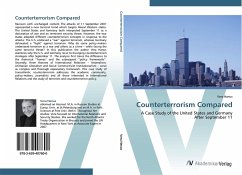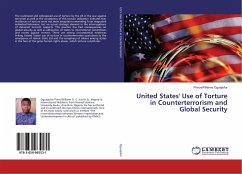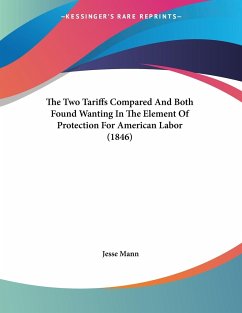Revision with unchanged content. The attacks of 11 September 2001 represented a new terrorist trend which targets liberal Western states. The United States and Germany both interpreted September 11 as a declaration of war and an imminent security threat. However, the two states adopted different counterterrorism concepts in response to the attacks: The U.S. endorsed a war against terrorism, whereas Germany delineated a fight against terrorism. Why do some policy-makers understand terrorism as a war and others as a crime while facing the same terrorist threat? In this publication the author Vera Hanus examines why the U.S. and Germany recur to diverging counterterrorism strategies after September 11. The analysis first traces the difference to the rhetorical frames and the subsequent policy frameworks . Secondly, three theories of International Relations Neorealism, Utilitarian Liberalism and Social Constructivist Institutionalism serve as complex and thorough explanatory framework. This case study of transatlantic counterterrorism addresses the academic community, policy-makers, journalists and all those interested in International Relations and the study of terrorism and counterterrorism policy.
Hinweis: Dieser Artikel kann nur an eine deutsche Lieferadresse ausgeliefert werden.
Hinweis: Dieser Artikel kann nur an eine deutsche Lieferadresse ausgeliefert werden.








